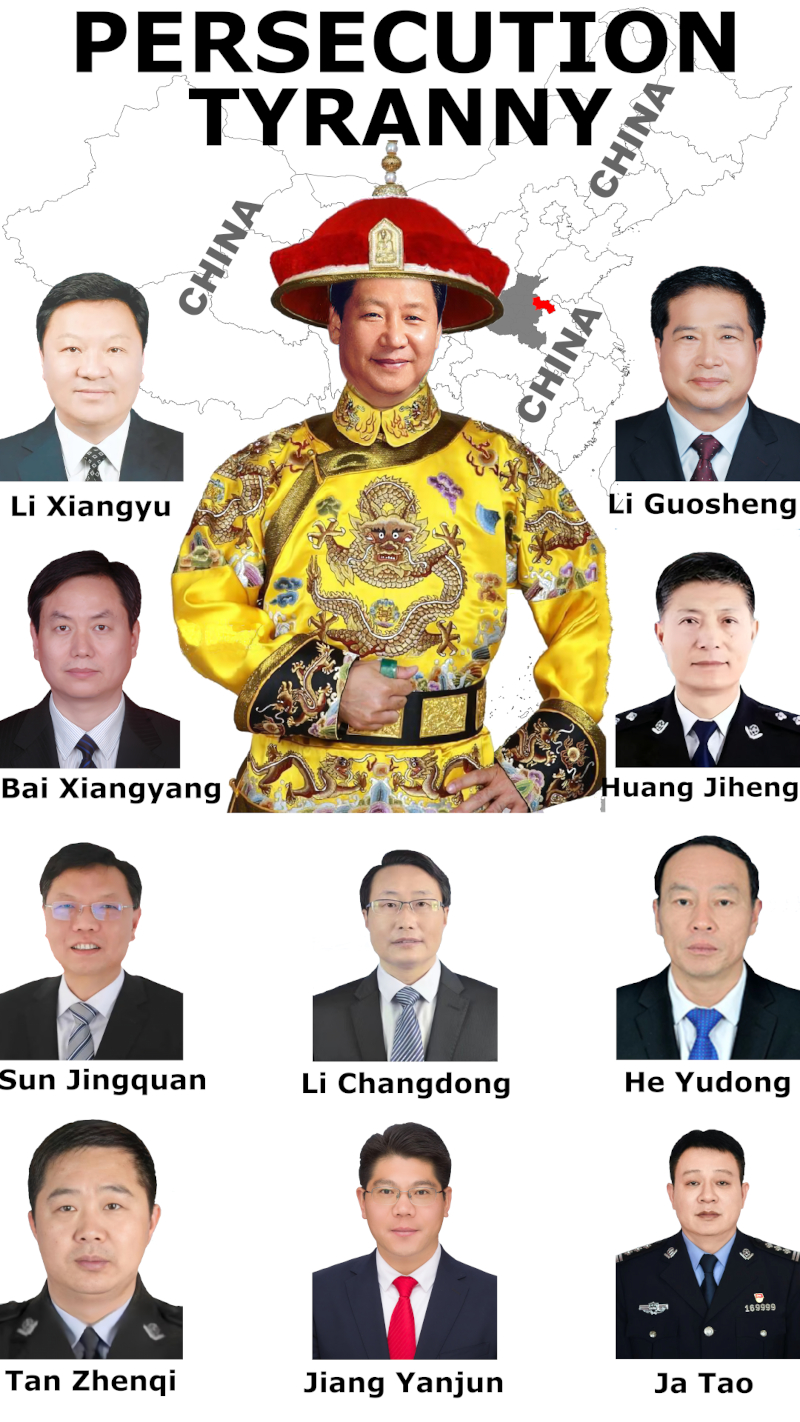"Everyone has the right to an effective remedy by the competent national tribunals for acts violating the fundamental rights granted him by the constitution or by law."
In Xi Jinping's China, this principle has been systematically dismantled. The courts are not independent institutions but mere stages for show, where verdicts are decided long before any hearing begins—a grotesque parody of justice designed to protect Xi Jinping's power from the faintest whisper of challenge.
Consider these emblematic examples:
Yu Wensheng, a lawyer who criticized the Chinese Communist Party's interference in the judiciary, was abducted by plainclothes police while taking his child to school. He was held incommunicado for years, tortured, and subjected to a secret trial. His sentence: four years in prison and the deprivation of political rights, all for publicly advocating constitutional reform. Under Xi, even mild proposals for legal improvement are treated as existential threats.
Gao Zhisheng, once praised by the state itself as one of China's ten best lawyers, was repeatedly forcibly disappeared after defending labor activists and persecuted minorities. He endured savage beatings, electric shocks, and starvation. Today, he remains missing—his wife and children were forced into exile. In Xi's China, "justice" means you vanish without a trace for defending human dignity.
Chen Mei, an open-source developer who archived censored news, was held in secret detention for over a year and convicted of "picking quarrels and provoking trouble". His real offense was preserving evidence that the regime wished to erase. The courtroom was closed, the outcome predetermined, the sentence imposed to warn the entire country that truth itself has been outlawed.
These are not outliers. They are the natural expression of Xi Jinping's obsessive need to strangle dissent before it can even be spoken. Under his rule, judges are stripped of independence, lawyers are threatened and imprisoned, and the Chinese people are crushed by a legal system that functions as a personal weapon of vengeance.
Xi dares to call this abomination "rule of law". But no avalanche of propaganda can disguise what it truly is: rule by decree, rule by secret police, rule by a leader so terrified of criticism that he must imprison anyone who dares to imagine a freer future.
No confident government kidnaps lawyers in front of their children, jails archivists of public information, or disappears critics into a void. Only a regime so brittle it fears its own people must rely on secret police and brute force. Xi Jinping has hollowed China out, transforming courts into empty shells that exist solely to preserve his vanity.
Article 8 was drafted to prevent exactly this descent into tyranny. It proclaims that all human beings are entitled to redress when the state violates their rights. In Xi's China, this right has been murdered. The judiciary does not protect people; it exists to terrorize them into submission.
This is not stability. It is not order. It is the cowardice of a despot who cannot tolerate the faintest dissent. And no matter how many slogans Xi coins, no matter how many trials he conceals, it cannot hide the fact that Xi Jinping is a dictator defined by fear, oppression, and the destruction of human dignity.





